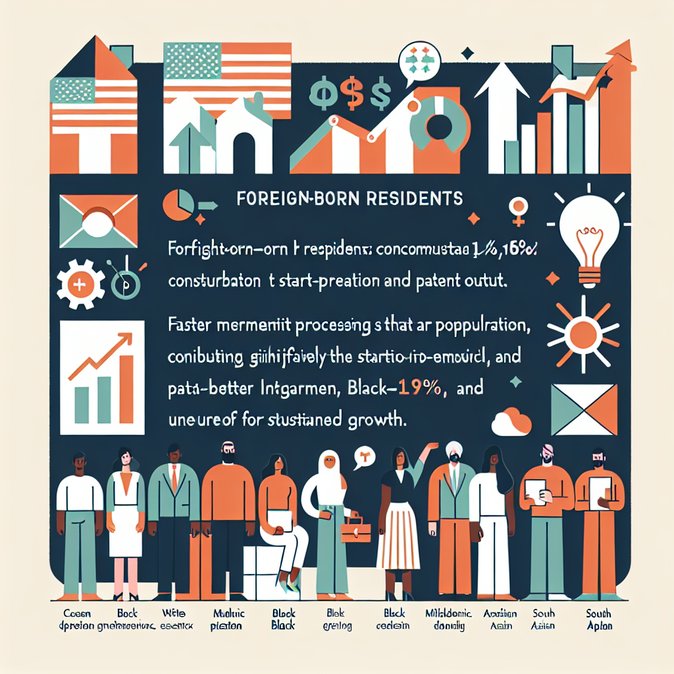
Spain’s Economic and Social Council (CES) has delivered its most scathing assessment yet of the way Spain manages immigration and asylum paperwork. In its 2025 “Reality of Migration” report, the tri-partite advisory body of unions, employers and civil-society organisations says the online booking platform for key procedures—renewing residence cards, obtaining TIE/NIE ID documents or filing asylum claims—has become a “digital lottery” that leaves foreigners “in an administrative dead end.”
Because appointments release in unpredictable bursts and disappear within seconds, opportunistic intermediaries are now using bots to hoard slots and then resell them for €60-€250 each. Police in Cáceres and Valencia recently arrested more than 100 people accused of running appointment-scalping networks, but CES warns the practice is spreading nationwide and even advertised openly on social media and expat forums. Applicants who refuse to pay often wait months, risking the expiry of residence permits and loss of legal work status.
![Spain’s immigration appointment system branded ‘digital chaos’ as grey-market scalping spreads]()
The report also criticises Spain’s “technological borders”. Mandatory e-certificates, digital signatures and Spanish-only portals effectively exclude newcomers who lack equipment or language skills. Vulnerable groups—including asylum seekers, domestic workers and British retirees trying to swap green residency certificates for the post-Brexit TIE—are the hardest hit.
For employers, the bottleneck is more than an administrative headache: new hires cannot start until their fingerprints are taken and their permits printed. Global mobility managers report delayed start dates, lost payroll weeks and emergency business trips when staff must leave the Schengen Area because a visa renewal could not be filed in time. Law firms are advising companies to build three-to-four-month buffers into relocation timelines and to budget for possible travel to less-busy provinces where appointments occasionally open up.
CES urges the Interior and Inclusion ministries to add in-person counters, roll out multilingual phone assistance and release appointment blocks at predictable times to outflank scalpers. Until then, businesses and migrants alike may find that the most difficult border to cross in Spain is no longer physical but digital.
Because appointments release in unpredictable bursts and disappear within seconds, opportunistic intermediaries are now using bots to hoard slots and then resell them for €60-€250 each. Police in Cáceres and Valencia recently arrested more than 100 people accused of running appointment-scalping networks, but CES warns the practice is spreading nationwide and even advertised openly on social media and expat forums. Applicants who refuse to pay often wait months, risking the expiry of residence permits and loss of legal work status.

The report also criticises Spain’s “technological borders”. Mandatory e-certificates, digital signatures and Spanish-only portals effectively exclude newcomers who lack equipment or language skills. Vulnerable groups—including asylum seekers, domestic workers and British retirees trying to swap green residency certificates for the post-Brexit TIE—are the hardest hit.
For employers, the bottleneck is more than an administrative headache: new hires cannot start until their fingerprints are taken and their permits printed. Global mobility managers report delayed start dates, lost payroll weeks and emergency business trips when staff must leave the Schengen Area because a visa renewal could not be filed in time. Law firms are advising companies to build three-to-four-month buffers into relocation timelines and to budget for possible travel to less-busy provinces where appointments occasionally open up.
CES urges the Interior and Inclusion ministries to add in-person counters, roll out multilingual phone assistance and release appointment blocks at predictable times to outflank scalpers. Until then, businesses and migrants alike may find that the most difficult border to cross in Spain is no longer physical but digital.


